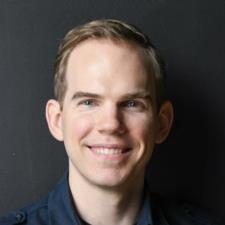Andrew O. answered • 10/14/25
Andrew - Philosopher, Writer & Guide
This is a brilliant question that pushes utilitarian ethics to its logical extreme and reveals some of its limitations. You're absolutely right that if we take "reduce total suffering" as our only principle, then yes, we'd seem obligated to stop predators from eating prey. But let's think through why most ethicists (even utilitarians) don't actually endorse this.
The utilitarian response would consider several factors: First, ecosystems are complex interdependent systems. Removing predation would cause population explosions, resource depletion, starvation, and potentially more total suffering than the predation itself. Second, there's the question of what counts as suffering. Does a gazelle being killed by a lion experience more suffering than it would slowly starving in an overpopulated habitat? Third, we have to weigh the certainty of harm from intervention (ecosystem collapse) against the harm we're trying to prevent.
Where animal ethicists draw the line typically involves distinguishing between causing harm and allowing natural processes to continue. We have obligations not to add unnecessary suffering to the world, but trying to eliminate all naturally occurring suffering is what philosophers call a "category error." It confuses the role of moral agents (us) with the role of natural processes (predation, disease, death).
Here's the deeper issue your question reveals: Pure utilitarian calculus breaks down when applied to complex systems we don't fully understand. We lack the computational capacity and knowledge to predict all consequences of such massive interventions. This is why virtue ethics or care ethics might offer better frameworks: they focus on our direct responsibilities and relationships rather than trying to optimize the entire biosphere.
The practical line most ethicists draw: We should minimize suffering we directly cause or control (factory farming, habitat destruction), but we're not obligated to re-engineer nature itself. The humility to recognize the limits of our knowledge and power is itself an ethical position.




